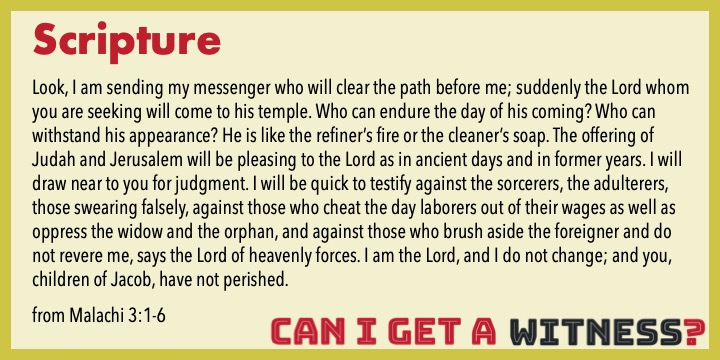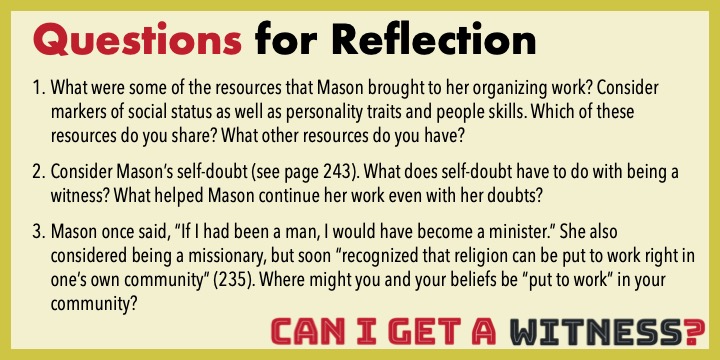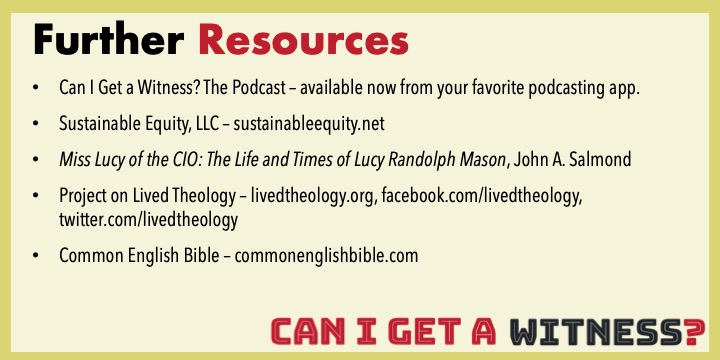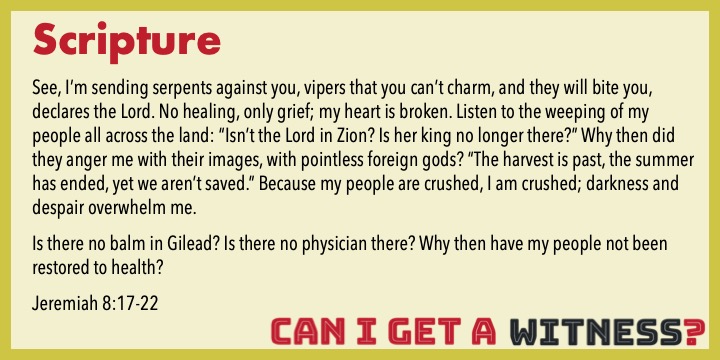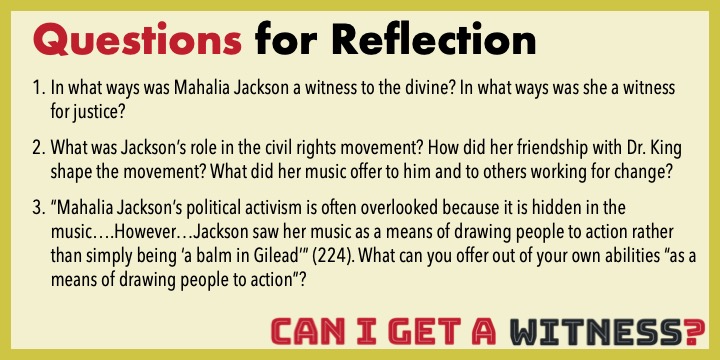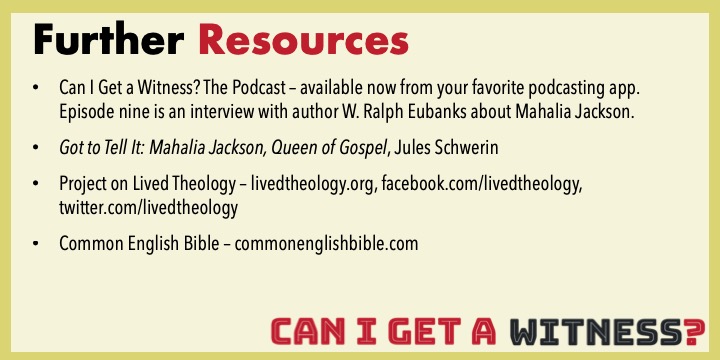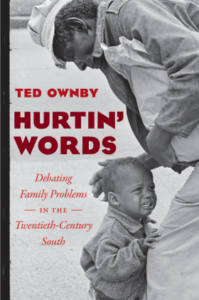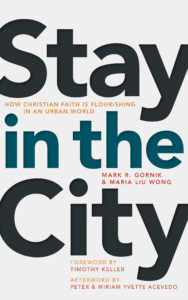 How Christian Faith Is Flourishing in an Urban World
How Christian Faith Is Flourishing in an Urban World
In Stay in the City Gornik and Liu Wong look at what is happening in the urban church—and what Christians everywhere can learn from it. We live in an urban age. To a degree unprecedented in human history, most of the world’s people live in cities. Once viewed suspiciously for their worldly temptations and vices, cities are increasingly becoming centers of vibrant Christian faith. It is thus vital, say Mark Gornik and Maria Liu Wong, for Christians to think constructively about how to live out their faith in an urban setting.
Writing from their experience living and working in New York City, Gornik and Liu Wong invite readers everywhere to join together in creating a more flourishing—and faith-filled—urban world.
Reviews and endorsements of the publication include:
“If you need encouragement about the vibrant future of the church or if you are looking for a place to start in reflecting on Christian faithfulness in the city, this little book is a great resource. In an accessible and engaging way, the authors communicate the energy, passion, and creativity that is alive in urban congregations. Highly recommended!”— Christine D. Pohl, Asbury Theological Seminary
“I love the holistic vision of Stay in the City. Mark Gornik and Maria Liu Wong challenge us to see the amazing ways God’s at work in the city through every language, culture, and people. This is a great practical resource for individuals and groups to follow Jesus through our day jobs, our friendships, our art, our children, and even our churches.”— Kathy Tuan-MacLean, InterVarsity Christian Fellowship
“Cities are now hip and cool, drawing a new and sometimes controversial wave of urbanites. Stay in the City tells the stories of those who are not new converts to urban life but have stayed and have learned that staying is part of their own thriving as they contribute to the flourishing of the city. I will recommend this volume widely.”— Jude Tiersma Watson, Fuller Theological Seminary
For more information on the publication, click here.
Mark Gornik is the director of City Seminary of New York. He has spent the last 25 years of his life as a pastor, community developer and researcher in African churches in New York City and beyond.
Fellow travelers are scholars, activists, and practitioners that embody the ideals and commitments of the Project on Lived Theology. We admire their work and are grateful to be walking alongside them in the development and dissemination of Lived Theology.

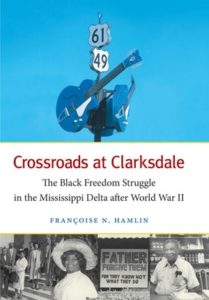 The Black Freedom Struggle in the Mississippi Delta after World War II
The Black Freedom Struggle in the Mississippi Delta after World War II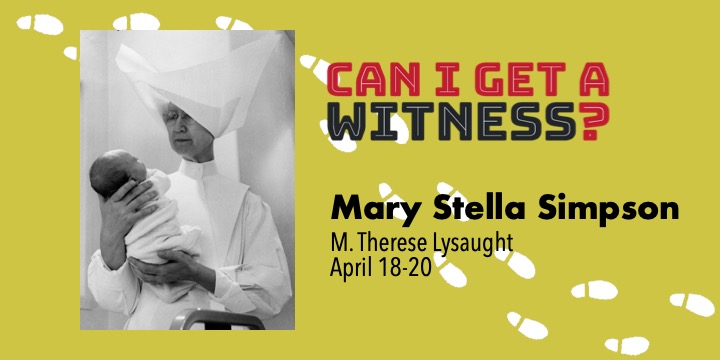
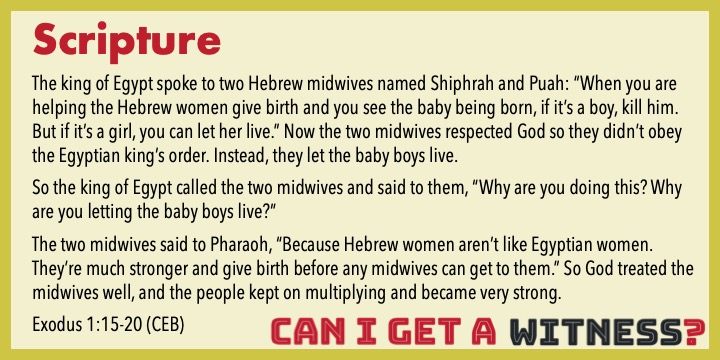
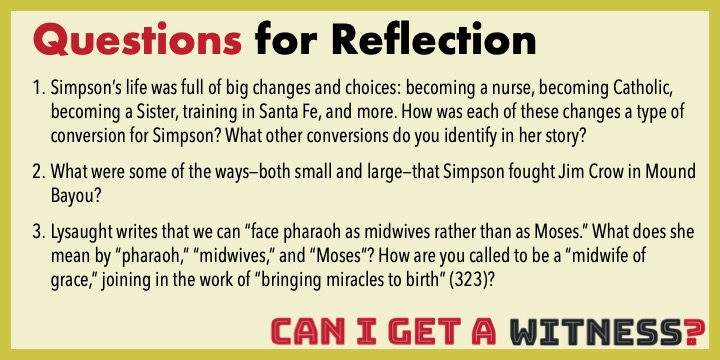
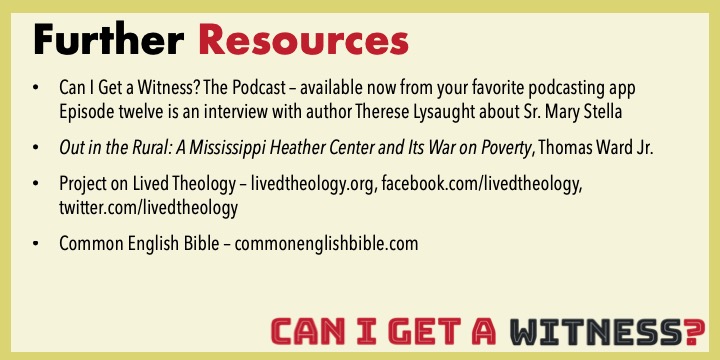
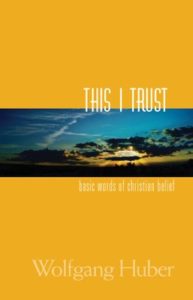 Basic Words of Christian Belief
Basic Words of Christian Belief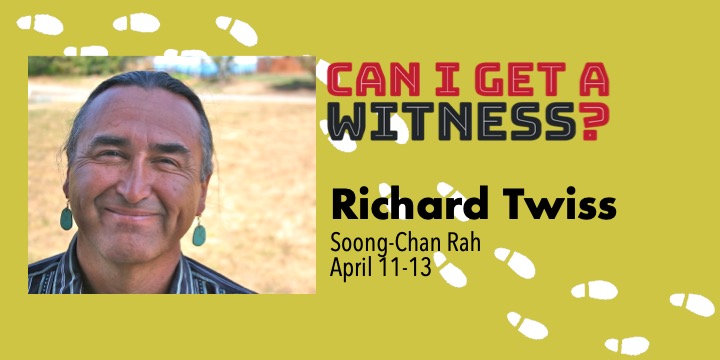
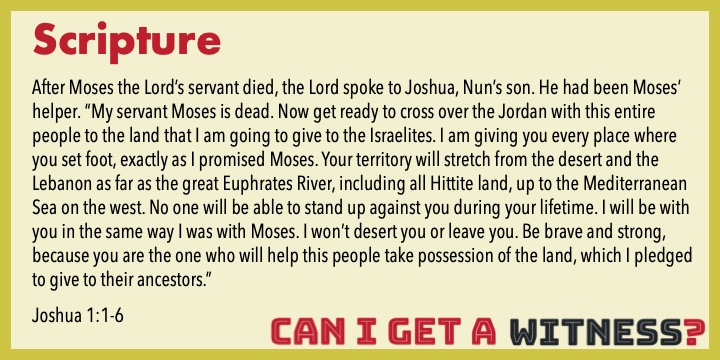
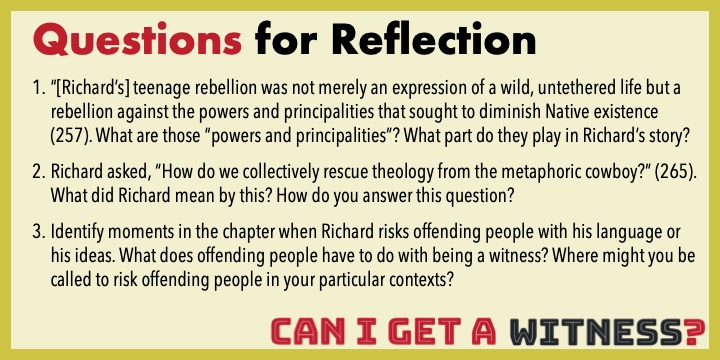
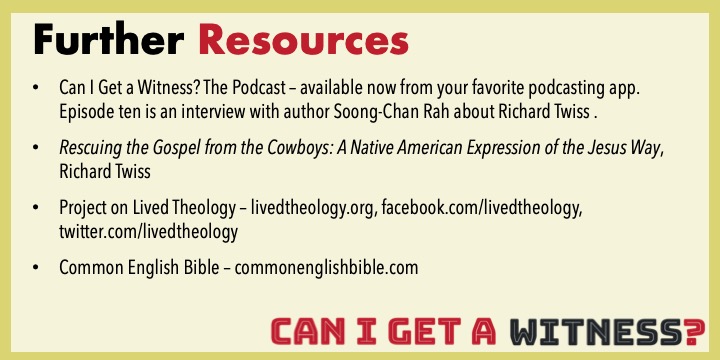
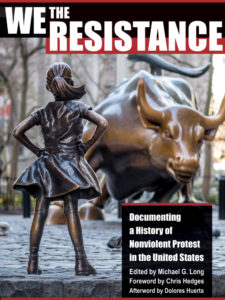 Documenting a History of Nonviolent Protest in the United States
Documenting a History of Nonviolent Protest in the United States
